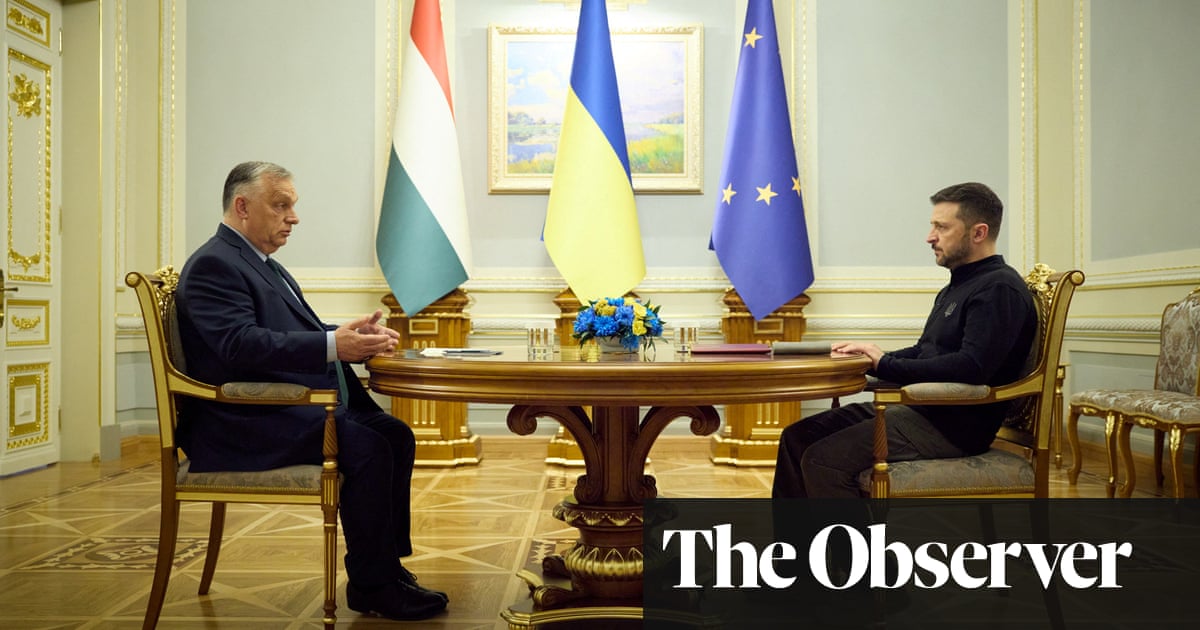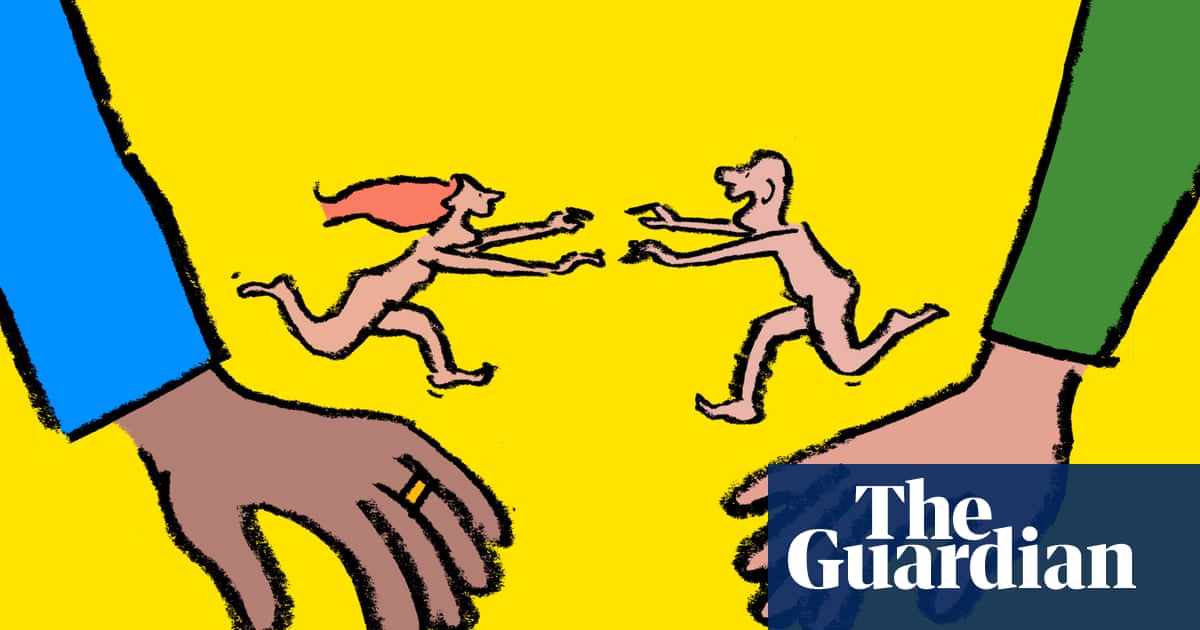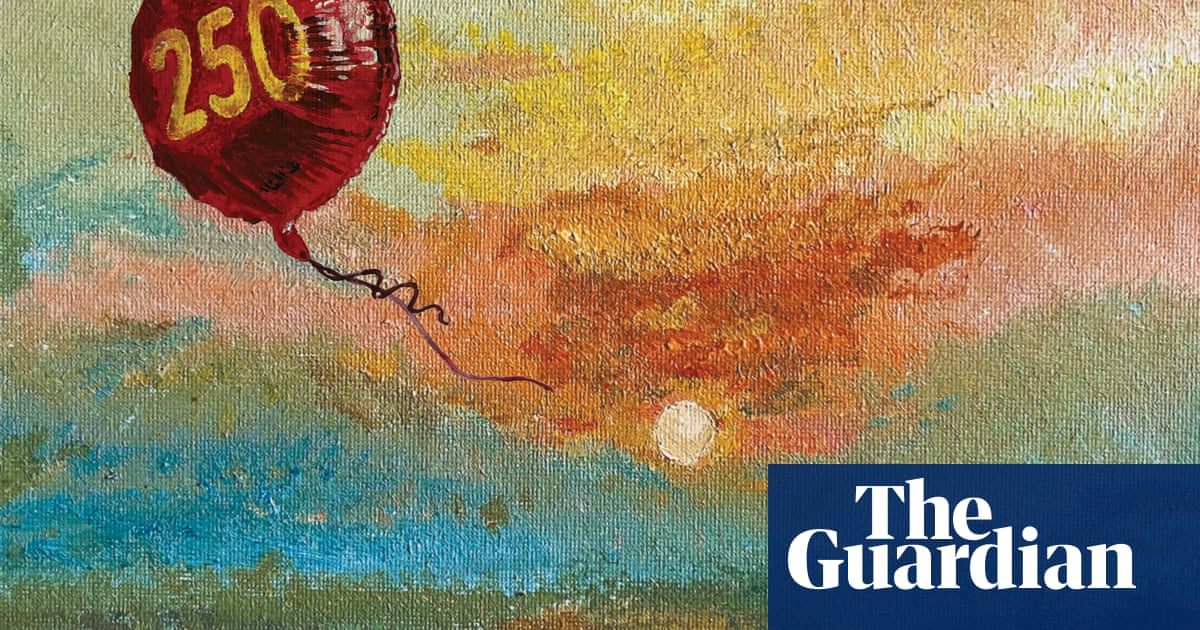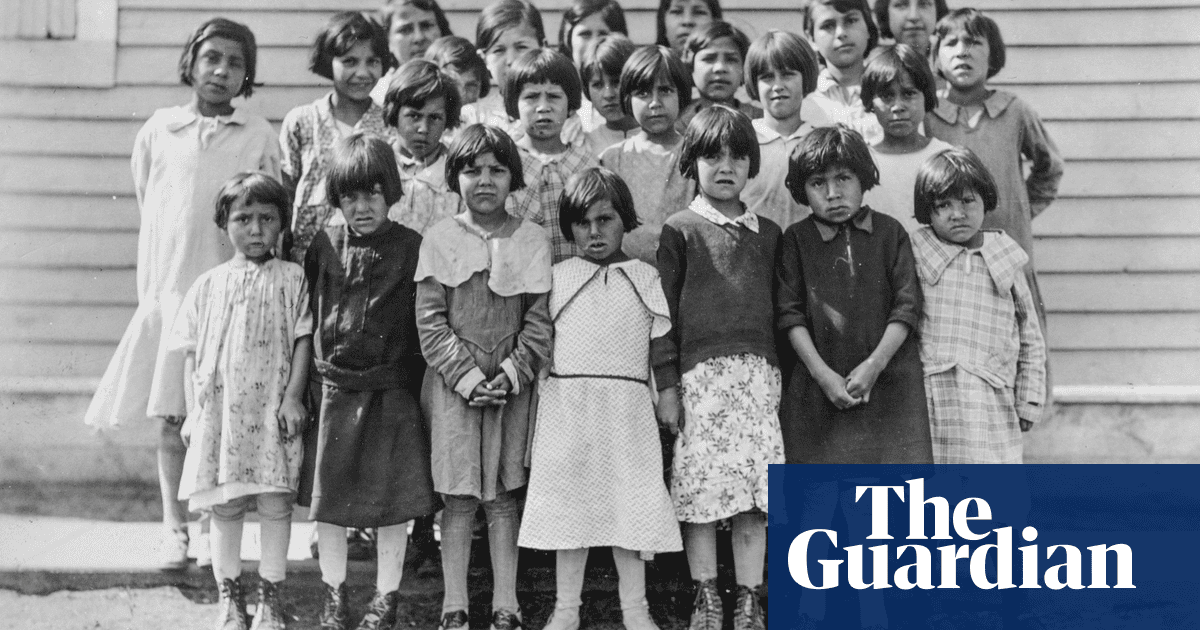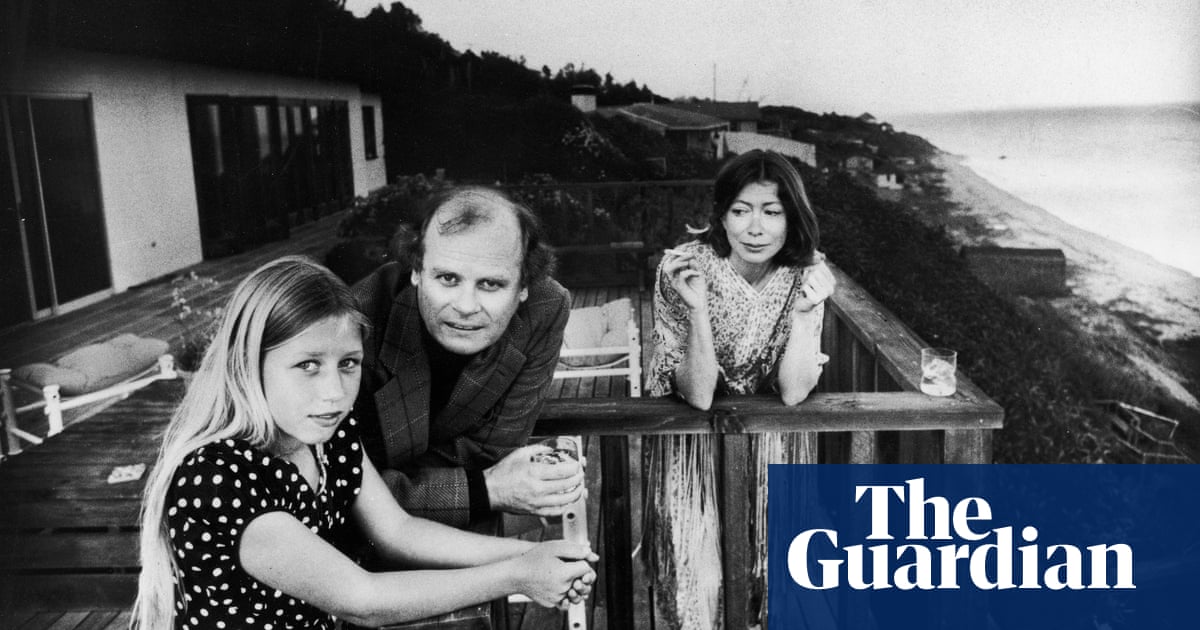As a second-generation Persian immigrant, my connection with my roots has always been relatively surface-level. Admiring the intricate artworks adorning the walls of our homes, hand-loomed rugs crafted by my own grandmother, barberry-laden rice and saffron-infused stews, the music of Googoosh, Bijan Mortazavi and Susan Roshan blasting from dawn to dusk.
My parents spoke Farsi to one another and to me when I was a child and as such it was my mother tongue. But I was born in Australia, so it was only going to be a matter of time before I became more proficient in English. Now I stumble my way through conversations in broken Farsi, longing for the day when Iran will be safe enough to finally visit and I can hopefully scrub up my language skills.
My parents have never returned to Iran. Not since they left at the beginning of the Islamic Revolution in 1979 due to their belief in the Bahá’í faith – a religion promoting the unity of mankind whose adherents have been persecuted in Iran since its inception in the mid 19th century. The closest my mother has ever been to her homeland was last year, when we stopped over in Qatar on our way to France.
Iran has had a bad rap over the years; many in the west associate it with terrorism, religious extremism and crimes against humanity. And for good reason. It’s constantly under scrutiny for its oppression of women and other minority groups, and its identity is framed by the media’s negative portrayal of the country, its people and regime.
And then, a white man sings.
Ed Sheeran has released a new single titled Azizam, which translates to “my dear” or “my love” in Farsi – and the diaspora is going wild. The song was written and produced alongside Iranian-born Swedish songwriter Ilya Salmanzadeh. While the melody is all western pop, the Middle Eastern influences are clear, with instruments including the daf and santoor making a welcome appearance.
My own children, who are Persian-Canadian and born in Australia, have always grappled with their cultural identity. When they heard Sheeran’s new song, they were euphoric. Here was a piece of music that was crossing cultural boundaries, allowing them to piece together who they were – albeit superficially. A white person, like them, singing in Farsi, also like them!
Recently, Persian comedian Maz Jobrani posted a short explainer on his Instagram about why Persians are so excited about the new song, saying: “Ever since we came to the west, we’ve been getting negative press. From the hostage crisis, to the movie Not Without My Daughter … so anytime anyone in the west does anything remotely good about us, we get excited!” For so long, Iran has been regarded as just a country in peril. With Sheeran’s new song, the western world can now catch a glimpse of the beauty, excitement and life that has been harboured within the country – if only it had the freedom to share it more liberally.
For my entire life, my parents made sure I knew that Iran was a country with potential. Over thousands of years, since ancient Persian civilisation, our culture has influenced fashion, architecture and language. The contributions it has made to art, music, faith and science are some of the most profound the world has ever known. We want the beauty of our culture to define us. The fact that Iran continues to commit the most cruel and intense human rights crimes is a cause for lament both in the country and beyond.
Azizam was inspired by Sheeran’s wife, but it’s much more than a love song. It’s a showcase of the beauty inherent in Iran, and a reconceptualisation of its identity. To those who emigrated or fled, it is an ode to their own homeland; it evokes a yearning to reunite with their beloved. To those in the broader diaspora, it’s a connection with their heritage. When Sheeran releases the entire song in Farsi, I can just imagine the weddings, celebrations and mehmoonis (Persian gatherings) blasting the song from dawn to dusk; the chant becoming a rally cry reminiscent of the glory days – albeit in broken Farsi.

 20 hours ago
8
20 hours ago
8
